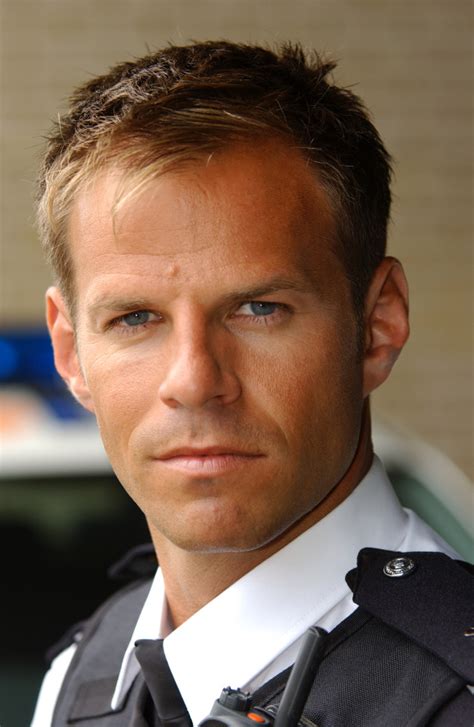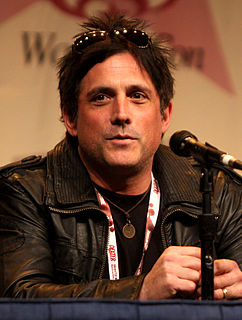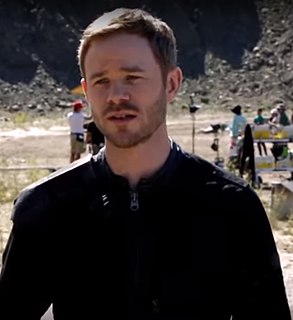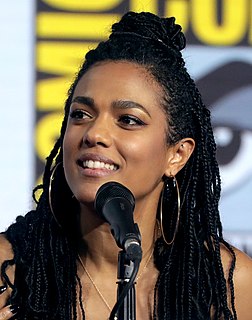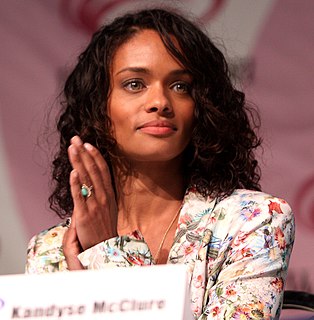A Quote by Miguel Sapochnik
Sci-fi works for me as a way of getting across a social conceit couched as entertainment. Social realist movies lost their way because they are just not that entertaining.
Related Quotes
I've actually found that most of my jobs have been in sci-fi. I realized it because sci-fi has the biggest fan following. Every time I do a play in London all these sci-fi fans come out. They ask me to sign things from all these little projects that I did. I hadn't even made the connection. It doesn't always have a spaceship and guns; sci-fi has been projected on in someway. I did Never Let Me Go, which is sort of Star Trek-y. It's about the future and training humans. It's sci-fi too. It's such a broad umbrella.
There are a bunch of different movies I feel that way about. However, there is a debate because as you may know after MST3K ended there have been things like Cinematic Titanic that are the children and the grandchildren of this way of dissecting movies and making fun of them and in a way celebrating the absurdity of those movies as well. There are certain movies that sort of fit into the MST3K paradigm which is hidden gems, these weird horror/sci-fi/fantasy movies.
Jeff always says, "In the cinema, everybody goes to sci-fi. Those are the biggest movies. But, in television, nobody wants to touch it with a barge pole." It's strange. I think it's because maybe there's a legacy of television shows that depicted sci-fi in a certain way that turns off a lot of viewers, so maybe there's a negative connotation.
It was Sci-Fi and fantasy that got me reading, and Sci-Fi writers in particular have pack rat minds. They introduce all sorts of interesting themes and ideas into their books, and so for me it was a short leap to go from the fantasy and Sci-Fi genres to folklore, mythology, ancient history and philosophy. I did not read philosophy because I set out to become a philosopher; I read it because it looked interesting.




